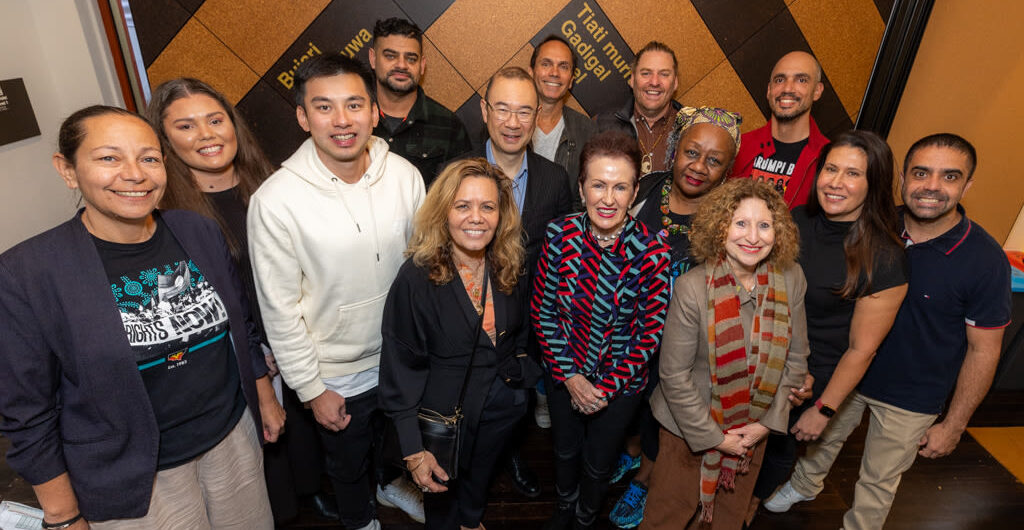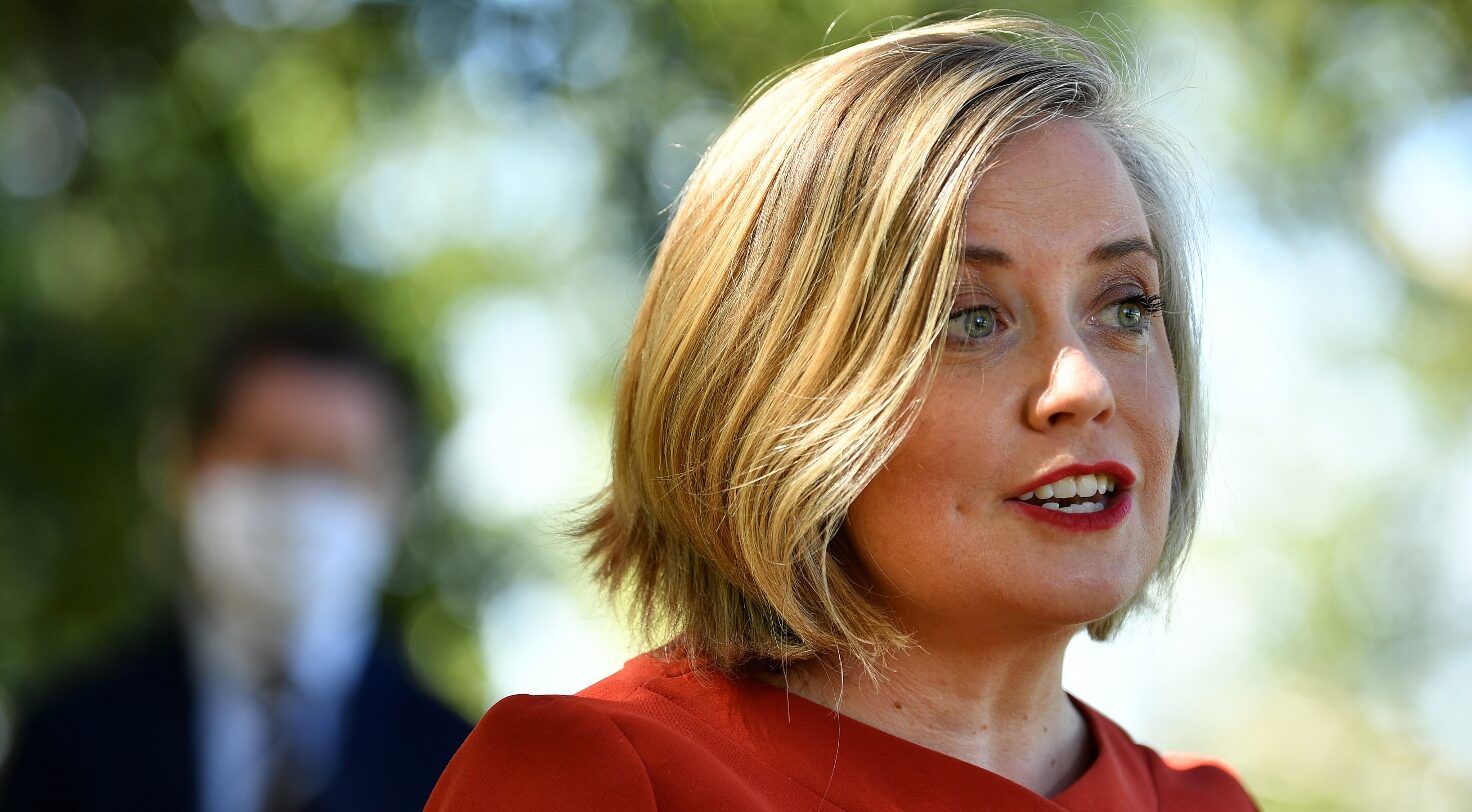
Changes heralded for local government consultation
Last month’s amendments to the Local Government Act have the potential to revolutionise the way Council consults with the community, says the president of the Darlinghurst Business Partnership.
Andrew Duckmanton said the changes could usher in an era of far greater and more meaningful consultation, where decisions were focused around what the community wanted. “Councils are going to be under scrutiny,” he said. “By 2012/2013, every council will have a Community Strategic Plan in place for the next four years.”
The amendments were passed in October by both houses of parliament, and were supported by MP for Bligh and Lord Mayor of Sydney, Clover Moore. They require all councils to prepare Community Strategic Plans outlining their goals for at least the next ten years, with the plan reviewed after every council election once every four years. The purpose of these plans will be to identify the community’s main priorities and expectations, and to plan strategies for achieving them. Part of this process will involve considering the issues and pressures that may affect the community, and the level of resources available. Assessment methods for determining the success of objectives must be identified.
Each council must also prepare and implement a Community Engagement Strategy to facilitate communication with the local community in the development of the strategic plan.
Although at this stage the guidelines accompanying the legislation are only a draft, it is understood the proposals will differ only in detail wording when they are approved.
Importantly, the guidelines note that, “while a council has a custodial role in initiating, preparing and maintaining the Community Strategic Plan on behalf of the community, it is not wholly responsible for its implementation. Other partners, such as State agencies and community groups may also be engaged in delivering the long-term objectives of the plan.”
“I think it’s more about Councils being strategic in their thoughts,” said Mr Duckmanton. “NSW in the last 15 years has had very unstable local government, so the intention is to actually give some stability to that aspect.
“If Council don’t deliver [under the new legislation], they have to tell you how they failed to do so. There will be a little bit of checks and balances here now.”
Councillor Chris Harris raised concerns about the likelihood of councils having the resources to carry out the requirements. “City of Sydney is a very special case – most councils balance their budget within very fine margins,” he said. “If the State Government is telling councils this is what they should do, I’m not sure there are many councils who could afford to draw up a plan, let alone implement it.”
He said the Government either needed to provide more resources for councils, or allow them to raise their own by lifting requirements such as rate pegging.
Staff at City of Sydney Council have made proposal submissions for at least the last 18 months.
A spokesperson for the City of Sydney said Council’s consultation processes were already amongst the best in the state, and highlighted Sustainable Sydney 2030 and Local Action Plans as two examples of ongoing consultation with the community.









